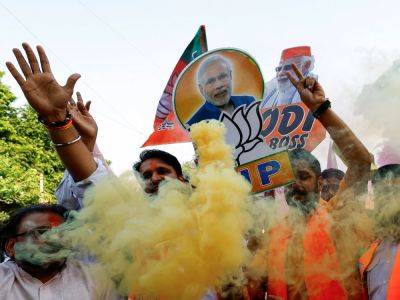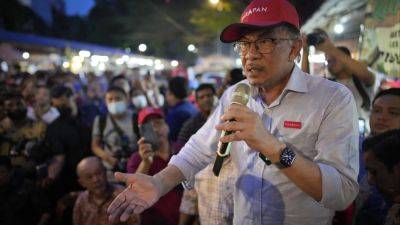German state election affirms right-wing AfD’s rise
Brandenburg’s vote on September 22 was the third and final state election in Eastern Germany this month, following crucial votes in Saxony and Thuringia.
Together, these elections have underlined a significant realignment in the political landscape of eastern Germany. As in the other two states, the right-wing AfD has risen to prominence while Sahra Wagenknecht’s newly formed Bundnis Sahra Wagenknecht (BSW) is emerging as a key power broker.
Although the governing Social Democrats (SPD) outpolled the AfD by a whisker, the Brandenburg election cements the AfD’s position as Germany’s second-largest party and largest party among young voters.
Both the AfD and BSW campaigned on strong opposition to German support for the Ukraine war and for more restrictions on immigration. The SPD avoided electoral disaster in large part because Chancellor Olaf Scholz expressed tentative support for an early end to the war.
A noteworthy result of the three elections is the emerging strategic role of the BSW. In Saxony, Thuringia and now in Brandenburg, no majority can be formed without the participation of the BSW, as both the SPD and the CDU have ruled out cooperation with the AfD.
The Brandenburg results not only reinforce the trends seen earlier this September but also have profound strategic implications for the future of German and international politics, where Wagenknecht’s influence is growing as her party becomes essential to governing majorities.
Greens kicked out of parliament
In a dramatic turn of events, the Greens in Brandenburg have fallen below the 5% threshold, making their return to the state parliament increasingly unlikely.
According to the latest projections, the Greens will win just 4.2% of the vote, down from 10.8% in







